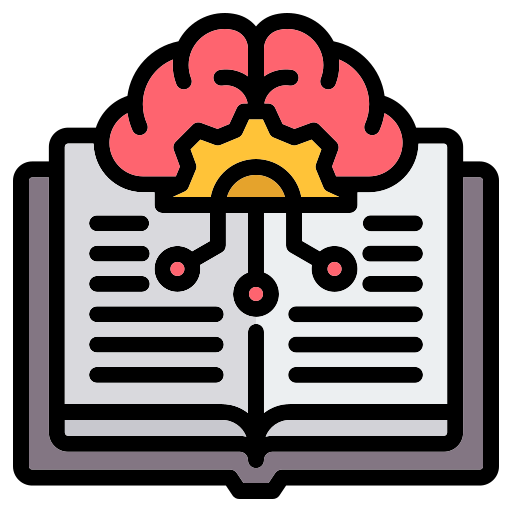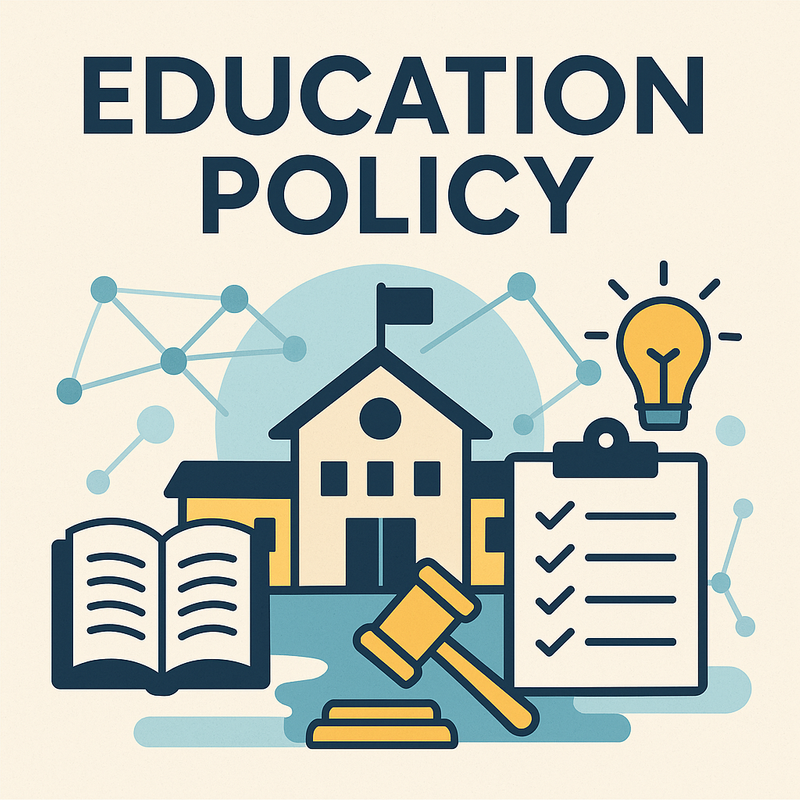
Ever wonder how decisions get made about what happens in schools — beyond the classroom?
It’s not just about lesson plans — it’s also about power, equity, and impact.
Studying education policy helps you make sense of the systems behind the scenes, and gives you the tools to improve them.
You’ll learn what it takes to lead change, center equity, and reimagine how education works from the inside out.
If you're passionate about education, thrive in collaborative environments, are energized by big-picture thinking, and find yourself asking: “How can we make this better?” — this might be the right path for you.
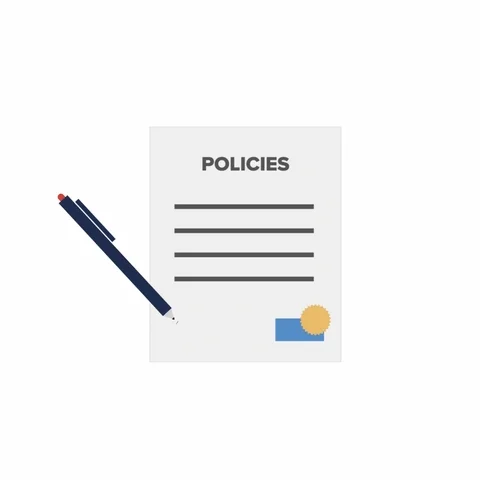
So, Who is Education Policy For?
Education policy professionals are big-picture thinkers who care deeply about how systems shape real people’s lives. They’re curious, analytical, and not afraid to challenge the status quo.
People studying education policy usually:
Ask tough questions and look for root causes, not quick fixes
Are passionate about equity, access, and accountability
See policy as a tool for real, measurable change
 Photo by Hannah Busing on Unsplash
Photo by Hannah Busing on UnsplashEssential Skills in Education Policy
Of course, it's about policies — but it’s also about people. Behind every data point is a story, so if you’re good at talking, listening, and making sense of messy real-world problems, you’re already halfway there. Here are the skills you will need to succeed in this role:
Writing skills
Clear verbal communication
Collaboration and team building
Critical thinking
Attention to detail
Active listening
Quiz
Joel and Janine are trying to decide what to study after high school. Joel likes working with his hands and seeing results right away. Janine prefers "big picture thinking" and analyzing how systems work. Who might be better suited for education policy?
What Will You Learn?
Most degree programs in education policy will teach you a variety of skills, frameworks, and tools to understand, evaluate, and influence education systems.
This will likely include:
Practical Coursework:
Policy Writing
Program Design
Program Evaluation
Data Analysis
Research Methods
Public Speaking
Presentation & Communications
Theoretical Coursework:
History of Educational Trends
Public Policy Theory
Economics of Education
Philosophy of Education
Learning Theory
Diversity, Equity, and Inclusion
Education Law & Legislation
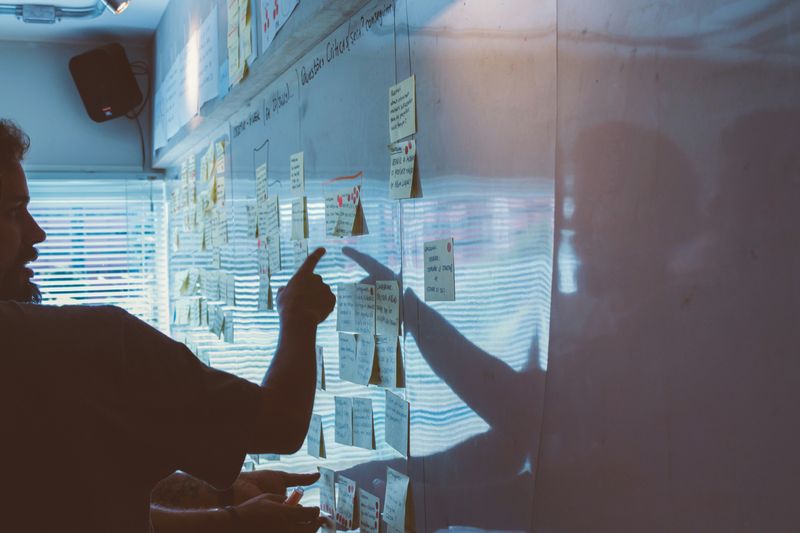 Photo by Startaê Team on Unsplash
Photo by Startaê Team on UnsplashHow will your courses look?
You can expect to do a significant amount of writing in your coursework. You may also engage in a fair bit of dialogue and debate to analyze issues and find potential solutions.
Assignments might include critically evaluating current policies/programs, and designing programs/policies that are centred on equitable frameworks.
This will help you build a strong foundation to think critically and act effectively across diverse educational contexts.
Quiz
You're asked to evaluate the effectiveness of a new reading intervention being piloted in a group of schools. Which combination of skills will you need to be able to do this?
How Can You Enter The Field?
Most positions related to education policy require a master’s or PhD, and experience in education, research, or government.
Realistically, as an undergrad, your prospects after gaining an undergraduate degree in education policy are limited. But there are ways to approach this! If you're interested in pursuing a career in education policy as an undergrad, here's what you can do:

Gain Further Skills
Consider additional courses, certifications, or a double-major in fields like:
Data Analysis
Education/Curriculum Studies
Program Coordination/Administration
Communications
Diversity, Equity & Inclusion
These can make you hireable directly out of an undergraduate program!

Consider Internships & Volunteering
Find other ways to gain valuable experience and credibility while expanding your network. You can consider:
Being a research assistant (RA) or teaching assistant (TA) at a university
Volunteering or interning with local school organizations
Finding opportunities in community settings to campaign for advocacy and outreach in education reform.

Gain Teaching Experience
Many jobs in educational policy require prior teaching experience in K–12 or higher education.
So even if it is an impermanent situation, teaching gives you credibility and real-world insight that will open up more opportunities in education policy.
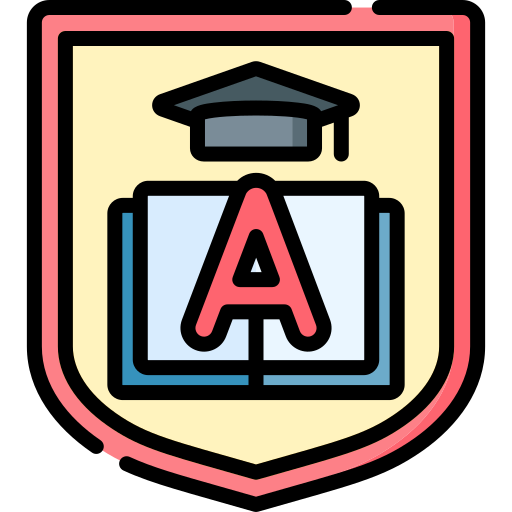
Fast-Track to Graduate School
An undergrad degree in education policy can give you the foundation, but not always the credentials.
You may consider applying for graduate school right after your undergraduate degree.
Quiz
Alex has an undergraduate degree in education policy and is having difficulty finding work in the field. What are some things they could do? Select all options that apply:
What Are Your Career Prospects?
People with graduate degrees in education policy have better prospects for employment, and can hold a variety of titles in different industries, such as:
Government departments
Public agencies
Research organizations
Ed-tech companies
K-12 education
Higher education institutions
Non-profit organizations
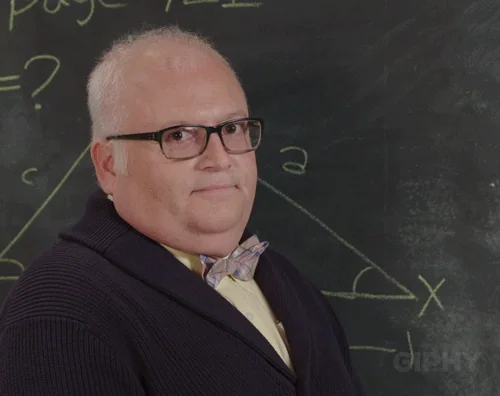
Below is a list of titles you may expect to find with a degree in education policy, along with their projected growth rates and median salaries in the US.
Education Policy Analyst 📊
In this role, you'd study how schools and education systems work, then use research and data to recommend better policies or programs.
Growth projection (2023 - 2033): 4%
Median salary in the US (2025): $65,126
Higher Education Administrator 🏛️
In this role, you'd manage the operations, programs, and student services at colleges or universities to support learning and campus life.
Growth projection (2023–2033): 3%
Median salary in the US (2025): $103,960
Instructional Coordinator 📚
In this role, you'll often influence what gets taught in schools — without ever stepping in front of a class. Instructional coordinators shape curriculum, set teaching standards, and sometimes train the teachers themselves.
Growth projection (2023–2033): 2%,
Median salary in the U.S. (2024): $74,720
Quiz
Anaya has 4 years of experience as a head teacher and instructional coach for other teachers. She is looking to move out of the classroom but likes the idea of working in a school ecosystem to affect systemic change. What path could she consider?
How Can You Set Up for Success?
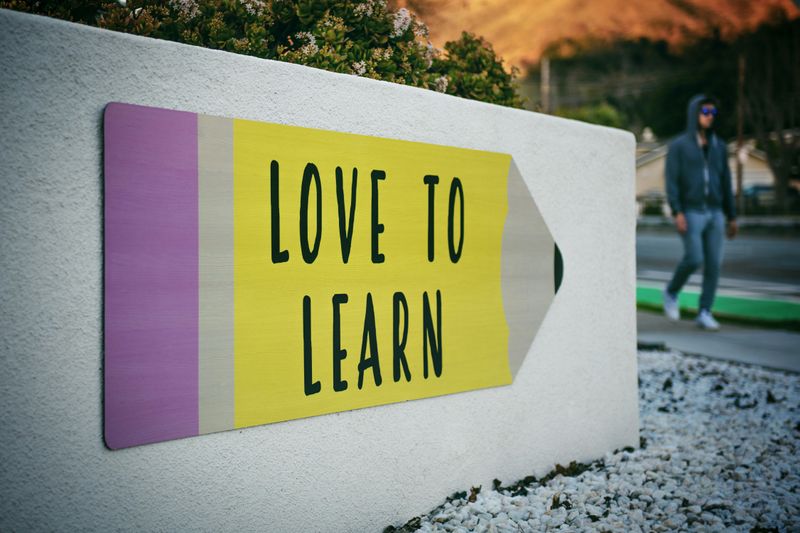 Photo by Tim Mossholder on Unsplash
Photo by Tim Mossholder on Unsplash1. Know Your “Why”
Keep your core motivation front and center!
Consider writing out your "why" in one sentence somewhere where you can find it easily.
2. Master the Basics
Writing, data analysis, and public speaking are must-have skills in this field. You may also consider:
Starting a blog.
Looking for opportunities to discuss policy decisions in your local community.
3. Stay Curious
Keep yourself up to date on emerging trends in education, and check up on their results.
Follow real education debates.
Read policy briefs.
4. Get Experience on the Ground
Policy is more powerful when it’s informed by practice. Build your professional credibility through:
Teaching
Tutoring
Working in schools
5. Build Your Network
Policy is ultimately about people.
Keep in touch with your professional communities
Connect with professors, classmates, advocates, and mentors
Make use of networking platforms like LinkedIn!
Attend conferences and other such events if possible.
Take Action
Here's the TLDR — whether or not education policy is really for YOU depends on your priorities.
If you’re looking for a fast-track job with a six-figure salary right out of your undergraduate degree, education policy probably isn’t it. But if you’re passionate about education, driven to improve systems, and want to make a real difference from behind the scenes — this could be exactly where you’re meant to be.
Education policy isn't the easiest path to get into, but it is one of the most impactful.
 Here are some ways to go one step further:
Here are some ways to go one step further:
Your feedback matters to us.
This Byte helped me better understand the topic.


